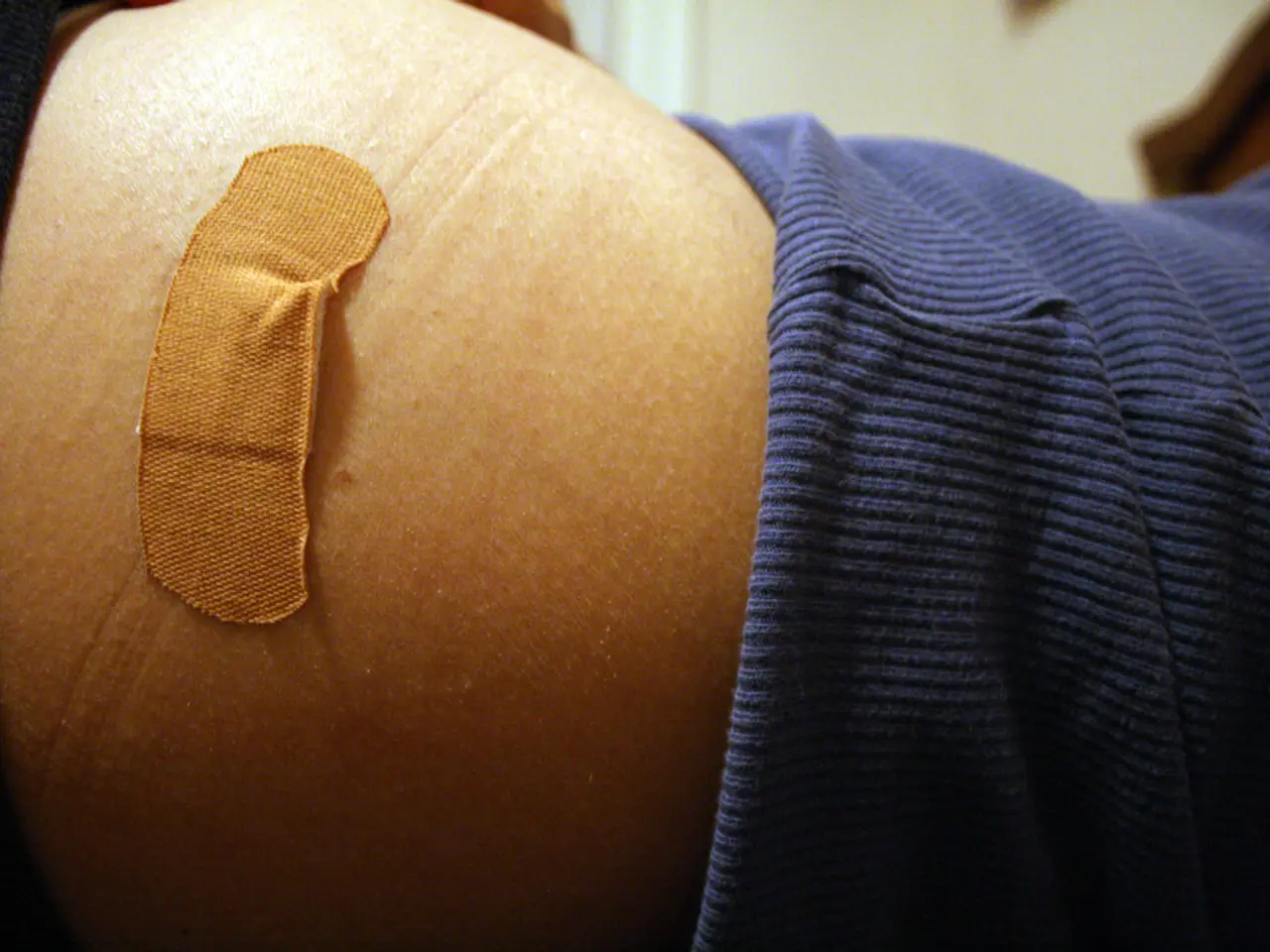dramatic increase in student dropping out from school anticipated if per-student funding is significantly reduced
The education sector in Kenya is facing a critical situation, according to comments from headteachers and the National Parents Association (NPA). The concerns centre around the financial struggles faced by schools due to the government's actions and decisions, particularly the proposed reduction in capitation funding for secondary schools.
The proposed reduction, from around Ksh 22,000 to around Ksh 16,600-16,900 per student, has raised alarm bells among stakeholders. This reduction would force parents to cover the resulting funding gaps, including costs for learning materials, meals, and development fees. This, in turn, undermines the government's long-standing pledge of free basic education and places heavy financial burdens on families.
Increased Financial Burden on Parents
With the lowered capitation, parents must pay more out-of-pocket expenses to keep their children in school. This could reverse gains in access to education, especially for low-income families.
Operational Strains on Schools
School administrators report that the actual funds available per student are far less than needed after mandatory deductions (e.g., insurance, textbooks, co-curricular activities), leading to intensified financial strain. This has forced some schools to close early or face debts and legal action for unpaid services.
Threats to Education Quality and Access
Teacher unions warn that these funding cuts threaten not only operational sustainability but also access to quality education. This could put poor learners at risk and potentially undo decades of progress in educational equity.
Systemic Budgetary Challenges
The government cites overwhelming budgetary constraints and rising student enrollment beyond fiscal capacity as reasons for the cuts, suggesting ongoing struggles to sustain free education programs comprehensively.
Potential Institutional Cutbacks
Apart from capitation cuts, the government is considering layoffs and campus closures in public universities due to underfunding, reflecting broader educational funding challenges.
Eskimos Kobia, Secretary-General of the NPA, has urged Members of Parliament and Senators to speak out against the government's plan to cut funds. Kobia asserts that over 30% of students, particularly those in day schools, will drop out if the government proceeds with the capitation cut.
Kobia also calls on the Ethics and Anti-Corruption Commission (EACC) to investigate recent claims that some unregistered schools received millions in capitation while public schools continue to struggle financially. He argues that the government should increase the capitation to Sh25,000 due to the rising cost of living and the planned changes under the Competency-Based Curriculum (CBC) system.
The proposal to reduce capitation has drawn criticism from parents and leaders across the country, who accuse the Kenya Kwanza regime of undermining education progress. The headteacher describes the government's decision to cut capitation as one of the darkest moments for the education sector.
The NPA warns that over 30% of students could drop out of school if the government reduces capitation from Sh22,000 to Sh16,000. Nearly all schools are drowning in debt due to the current capitation situation. The capitation funds are not only used to pay salaries but also to pay suppliers.
As the education sector grapples with one crisis after another since the current government came into power, demoralization among teachers and students is palpable. Kobia laments that the government, which has been in power for over two years, wants to phase out the free education program that has run smoothly for 23 years.
In summary, the National Parents Association and related stakeholders warn that the reduction in government capitation funding threatens to devolve education costs to parents, exacerbates school financial difficulties, and risks reversing Kenya's progress toward free and equitable education access.
The proposed reduction in government capitation funding could significantly impact the quality and accessibility of education in Kenya. If the capitation is reduced from Sh22,000 to Sh16,000, nearly a third of students might drop out of school, as warned by the National Parents Association.
This funding reduction may lead to increased financial burdens on parents, potentially undermining the government's commitment to free basic education, and forcing them to cover costs for learning materials, meals, and development fees, as schools may struggle to meet their operational expenses.




